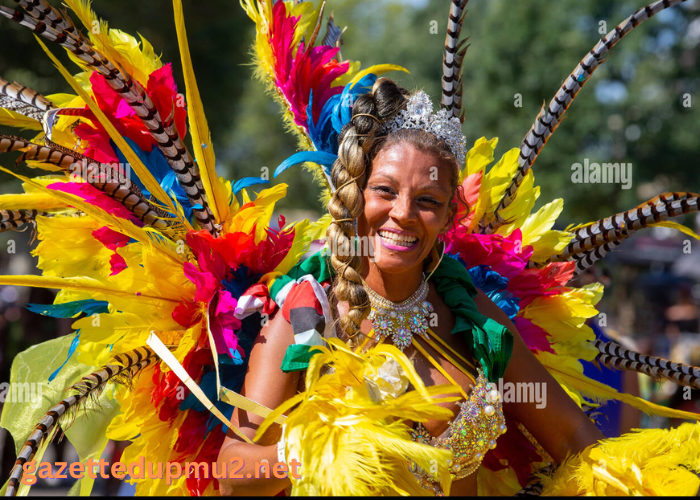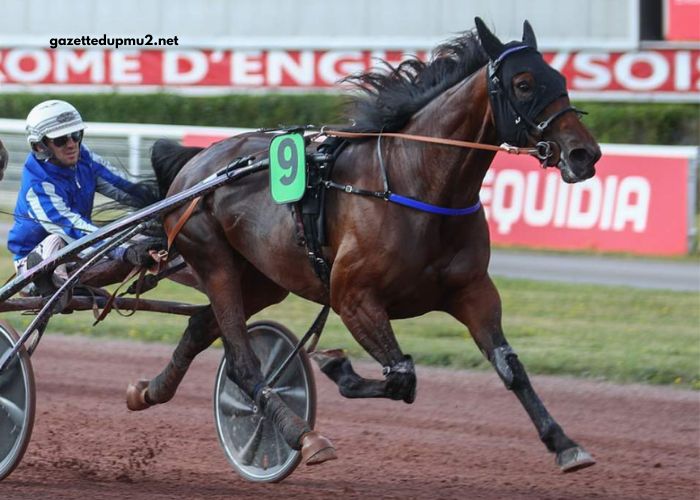In the ever-evolving landscape of entertainment, pop culture stands as a dynamic and omnipresent force. It is the collective expression of a society, reflecting its values, interests, and aspirations. Pop culture transcends boundaries and generations, influencing our thoughts, lifestyles, and even fashion choices. This article delves deep into the heart of pop culture, exploring its roots, its impact on society, and the key components that make it an enduring phenomenon.
The Birth of Pop Culture
To understand pop culture, one must first trace its origins. The term “pop culture” is a portmanteau of “popular culture,” and it emerged in the mid-20th century, coinciding with the post-World War II boom in consumerism. It was during this time that mass media, such as television and radio, gained prominence, allowing for the rapid dissemination of popular trends and ideas.
- The Role of Mass Media: The advent of mass media played a pivotal role in shaping pop culture. Iconic TV shows like “I Love Lucy” and “The Ed Sullivan Show” showcased the power of television in shaping the cultural zeitgeist. Similarly, radio broadcasts popularized music, making artists like Elvis Presley and The Beatles household names.
- The Birth of Icons: Pop culture introduced the concept of iconic figures who transcended their respective fields. Elvis Presley was not just a musician; he was a symbol of rebellion and youth culture. Marilyn Monroe was more than an actress; she represented Hollywood glamour and feminine mystique.
- The Influence of Advertising: Advertising also played a significant role in the birth of pop culture. Brands like Coca-Cola and McDonald’s became cultural touchstones, and their advertisements contributed to the development of a consumer-driven society.
The Evolution of Pop Culture
Pop culture is not a static entity; it evolves with the times. From the swinging ’60s to the digital age, it has constantly adapted to societal changes and technological advancements.
- The Swinging ’60s: The 1960s witnessed a cultural revolution. The civil rights movement, the sexual revolution, and the counterculture all left an indelible mark on pop culture. Music became a means of protest with songs like “Blowin’ in the Wind” by Bob Dylan.
- The ’80s: A Decade of Excess: The 1980s embraced excess in fashion, music, and entertainment. The rise of MTV revolutionized the music industry, and the emergence of video games introduced a new form of entertainment.
- The Digital Age: The internet transformed pop culture in ways unimaginable. Social media platforms like Facebook, Twitter, and Instagram allowed individuals to shape and share their own pop culture. Viral videos, memes, and hashtags became phenomena overnight.
The Elements of Pop Culture
Pop culture is a multifaceted phenomenon, comprising various elements that contribute to its richness and diversity.
- Music: Music is a cornerstone of pop culture. Genres like rock, hip-hop, and pop have had enduring impacts. Artists like Michael Jackson, Madonna, and Beyoncé have transcended generations.
- Film and Television: Movies and TV shows are powerful mediums for shaping pop culture. Iconic franchises like “Star Wars” and “Harry Potter” have left an indelible mark. Streaming platforms have revolutionized how we consume content.
- Fashion: Fashion is a visual representation of pop culture. From the flapper dresses of the 1920s to the grunge look of the ’90s, fashion trends often mirror societal attitudes.
- Sports: Sports events like the Olympics, the World Cup, and the Super Bowl have become cultural phenomena. Athletes like Muhammad Ali and Serena Williams are not just sports stars but cultural icons.
- Art and Literature: Art movements like pop art and literature works like “To Kill a Mockingbird” have contributed to pop culture by reflecting and commenting on societal issues.
The Impact of Pop Culture on Society
Pop culture is not just a reflection of society; it also wields significant influence. Its impact is evident in various aspects of our lives.
- Identity and Belonging: Pop culture provides individuals with a sense of identity and belonging. Fans of a particular band, movie, or TV show often form communities, fostering a sense of connection.
- Social and Political Change: Pop culture can be a catalyst for social and political change. Songs like “Imagine” by John Lennon and movies like “12 Years a Slave” have raised awareness about important issues.
- Consumerism: Pop culture and consumerism are intertwined. Advertisers use pop culture references to sell products, and consumers often buy into trends popularized by celebrities.
- Education and Learning: Pop culture can be a powerful educational tool. Teachers use popular movies, music, and books to engage students and make learning more relatable.
The Globalization of Pop Culture
With the rise of the internet and global connectivity, pop culture has transcended borders. What was once limited to specific regions or countries now has a worldwide reach.
- K-Pop Phenomenon: Korean pop music, or K-Pop, is a prime example of globalized pop culture. Bands like BTS and Blackpink have massive international fan bases.
- Hollywood and Beyond: Hollywood movies and American TV shows have a global following. The Marvel Cinematic Universe, for instance, is beloved by audiences worldwide.
- Crossover Artists: Artists from different countries collaborate, leading to a fusion of cultures and musical styles. This globalization has enriched pop culture by introducing new influences.
Pop Culture in the Digital Age
The digital age has ushered in new dynamics in pop culture, shaping how we consume and interact with it.
- Social Media Influence: Social media platforms like TikTok and Instagram have created a new breed of influencers who shape trends and tastes.
- Streaming Services: Streaming platforms like Netflix, Spotify, and YouTube have disrupted traditional media, offering a plethora of content choices.
- Gaming and Esports: The gaming industry has become a major player in pop culture, with esports events drawing massive audiences.
- Meme Culture: Memes, often humorous and satirical, have become a language of their own, reflecting and commenting on various aspects of society.
The Future of Pop Culture
As we look ahead, it’s clear that pop culture will continue to evolve and adapt to changing times.
- Virtual Reality and Augmented Reality: VR and AR technologies are likely to create entirely new forms of entertainment and immersion.
- AI and Personalization: AI algorithms will tailor content recommendations to individual preferences, creating highly personalized pop culture experiences.
- Sustainability and Ethics: Pop culture will reflect evolving societal values, with a greater emphasis on sustainability and ethical considerations.
- Diversity and Inclusion: The industry will continue to address issues of representation and diversity, fostering a more inclusive pop culture.
Conclusion
Pop culture, with its roots in the mid-20th century, has become a global phenomenon that influences every aspect of our lives. It is a reflection of our society, an agent of change, and a source of entertainment and identity.





